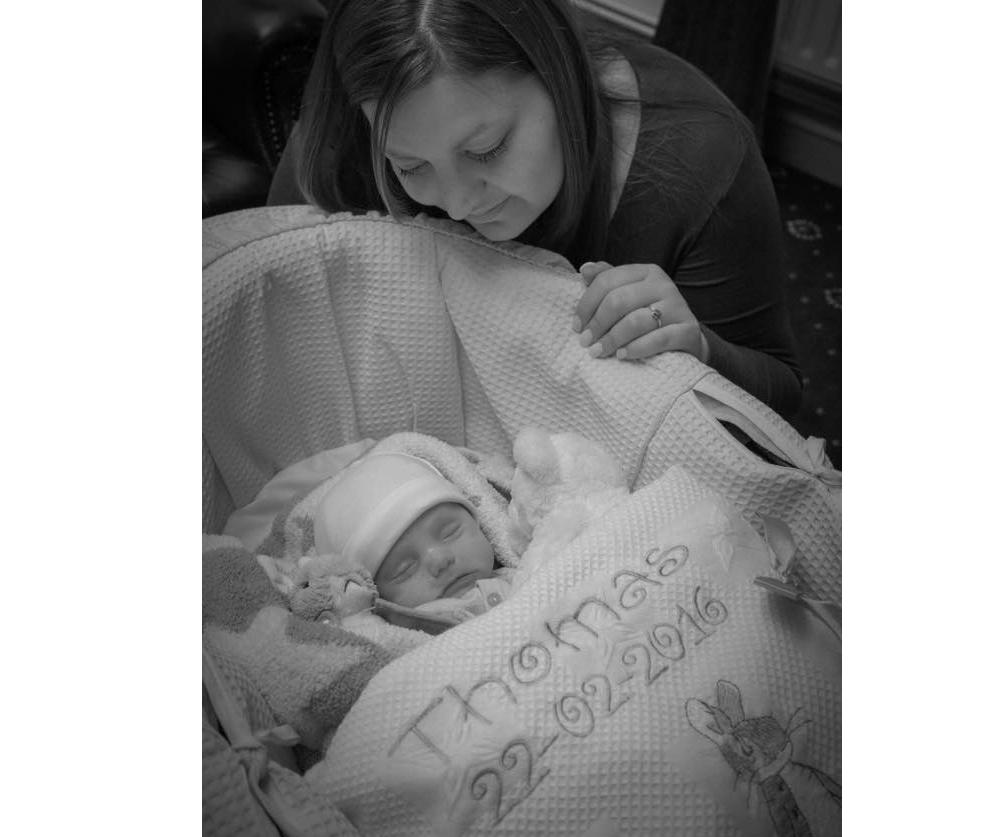It’s a stunning portrait of a mother gazing lovingly at her baby boy. But that didn’t stop Facebook from removing it when someone complained it was inappropriate. The problem? The peaceful baby in the photo had died.
The photo, that was taken by Imelda Bell who works with UK charity Remember my Baby, was removed – something that led to even further upset from an already grieving mother.
“It shows the love that she feels for her son, and is a beautiful moment,” says Imelda.
“Someone has reported the image to Facebook as offensive and left [the mother] feeling devastated,” Bell explained on another post.
Bell reports that the mother (who prefers to remain anonymous) has the right to be proud of her son and to post photos of him, in the same way that any parent has the right to post photos of their children to the social network.
In New Zealand, for every 1000 babies born, five will be stillborn – a figure that is one of the highest in the developed world. But despite the stats, talking about stillbirth and miscarriage is still seen as taboo by many.

Do we need to do more to break down the taboo?
Social Media strategist and author Anna Spargo-Ryan says that although Facebook is changing, people still feel the need to portray a ‘perfect life’.
And according to her, it’s not just stillbirth that gets neglected.
“We don’t talk about miscarriage in general, and social media reflects that. One in four pregnancies (or higher) ends in miscarriage but there are complex feelings that go with them, including shame and fear,” she says.
Spargo-Ryan also notes that even when it’s locked down, social media can seem quite public and some people might not be comfortable sharing such sad news.
“Miscarriage in particular doesn’t have any outward representation – you don’t have a funeral, there’s no headstone, maybe no one even knew you were pregnant. It’s a quiet kind of grief and maybe talking about it on a public platform doesn’t feel right,” she explains.
When it comes to stillbirth, and in particular sharing stillbirth photos, Spargo-Ryan says that topics such as grief and death are often swept under the carpet in western cultures.
For more information and support on stillbirth, head to Sands NZ




